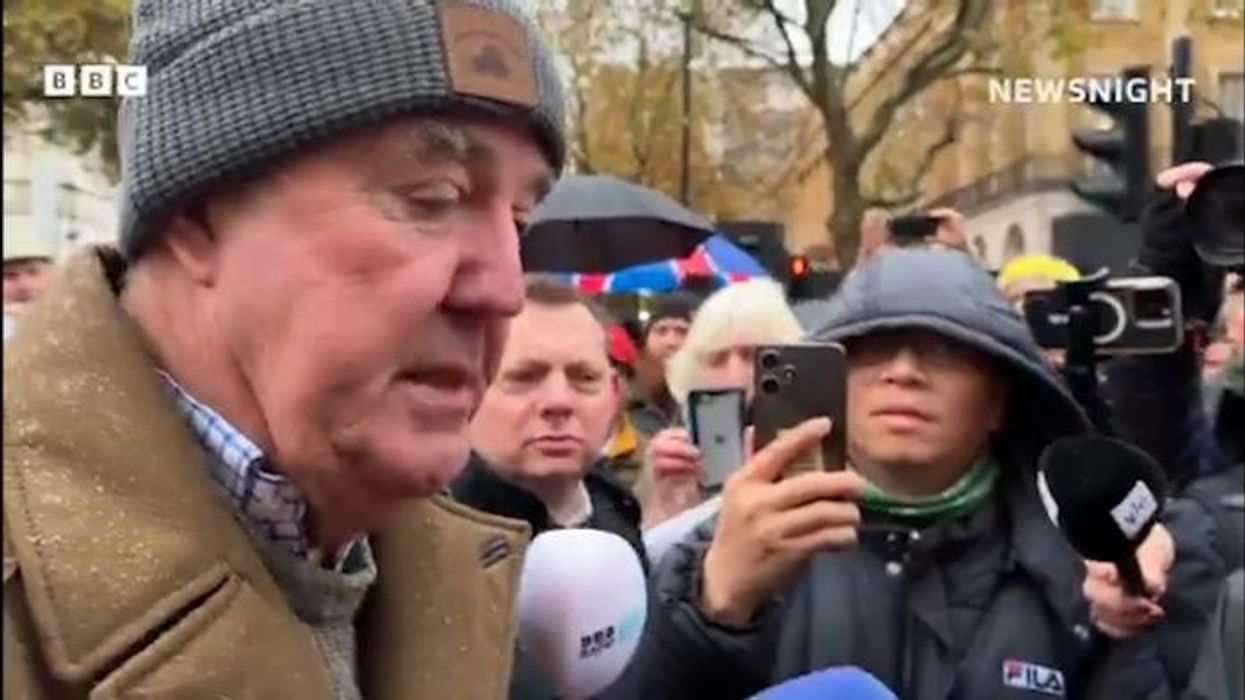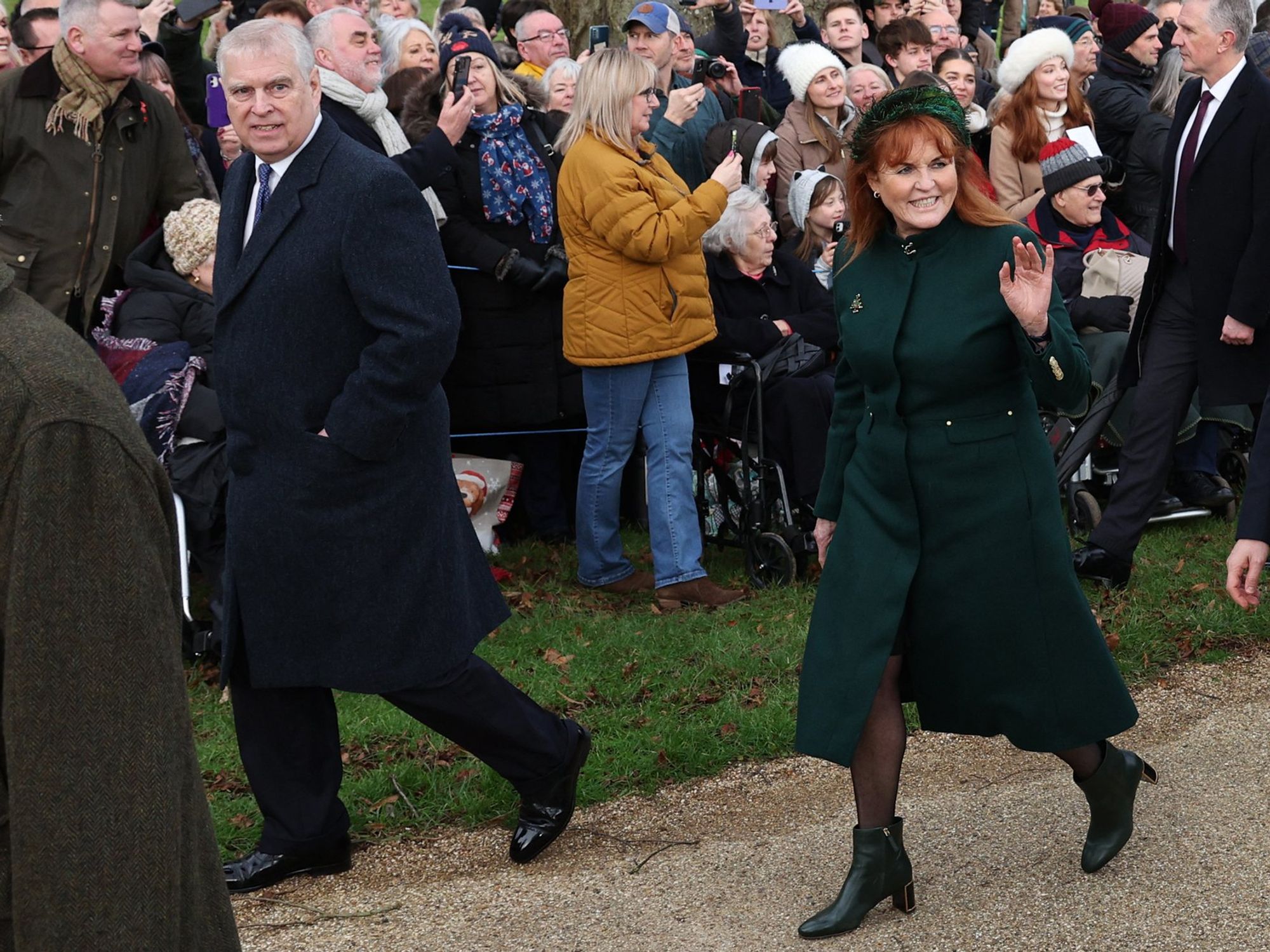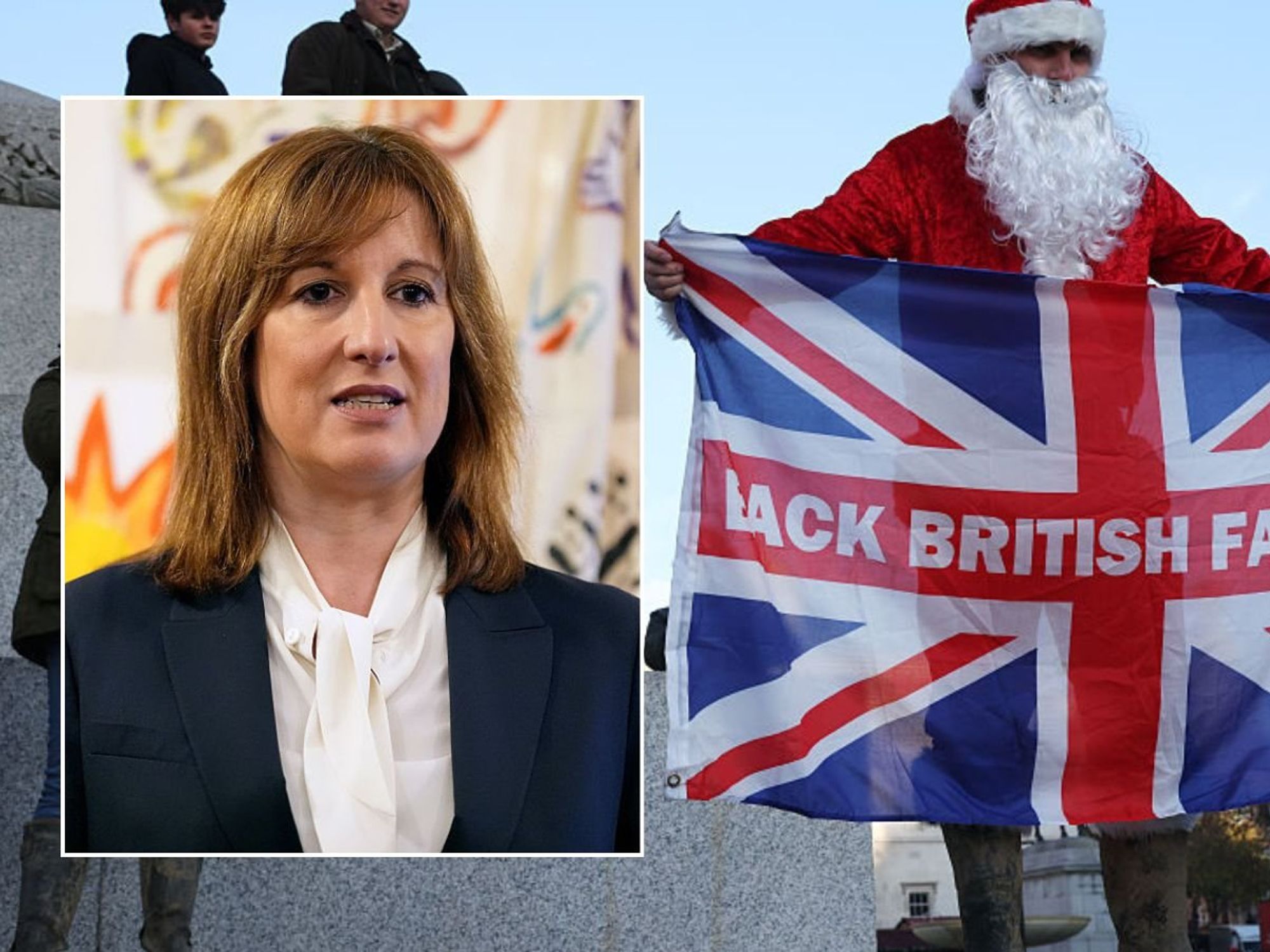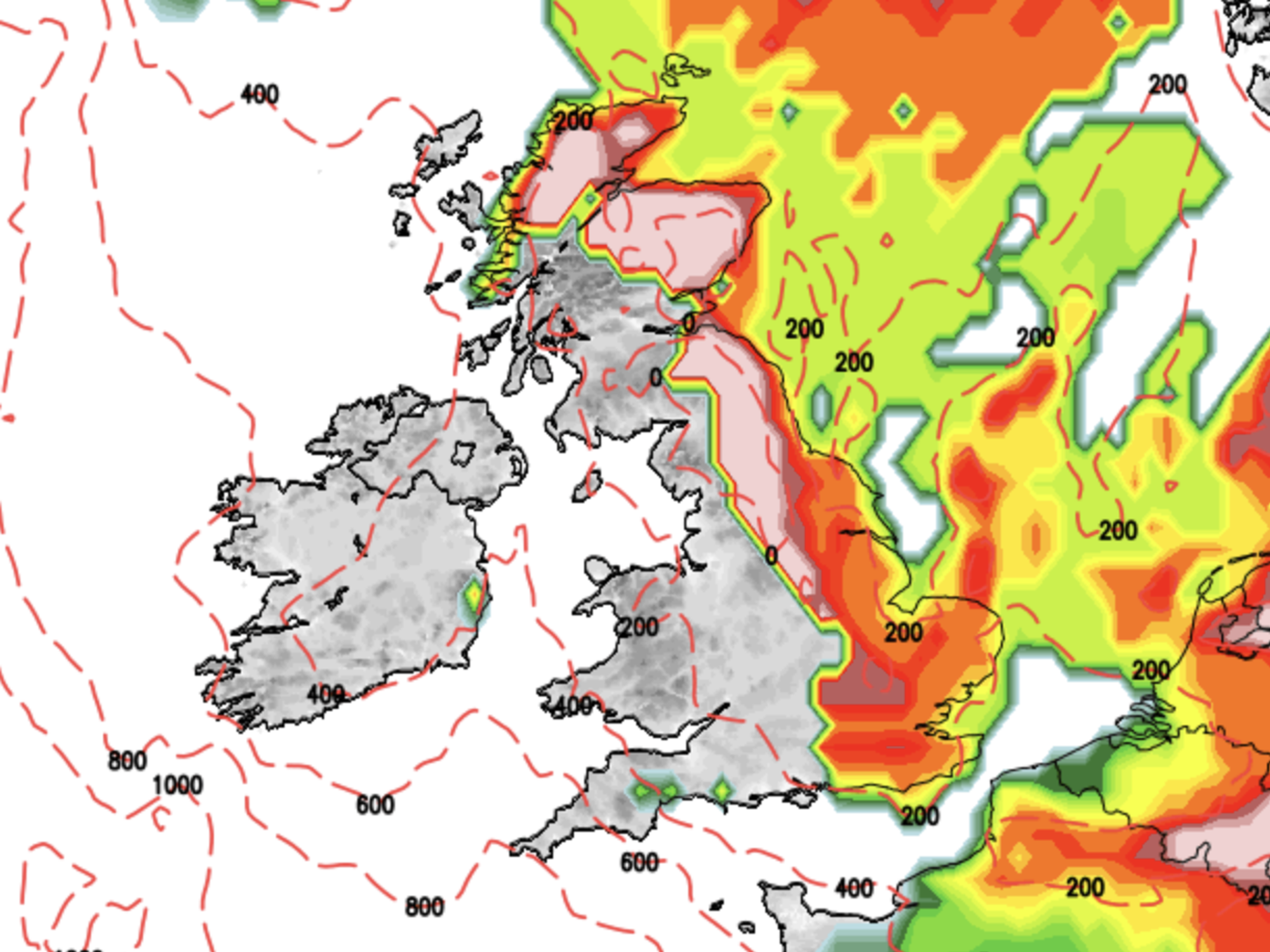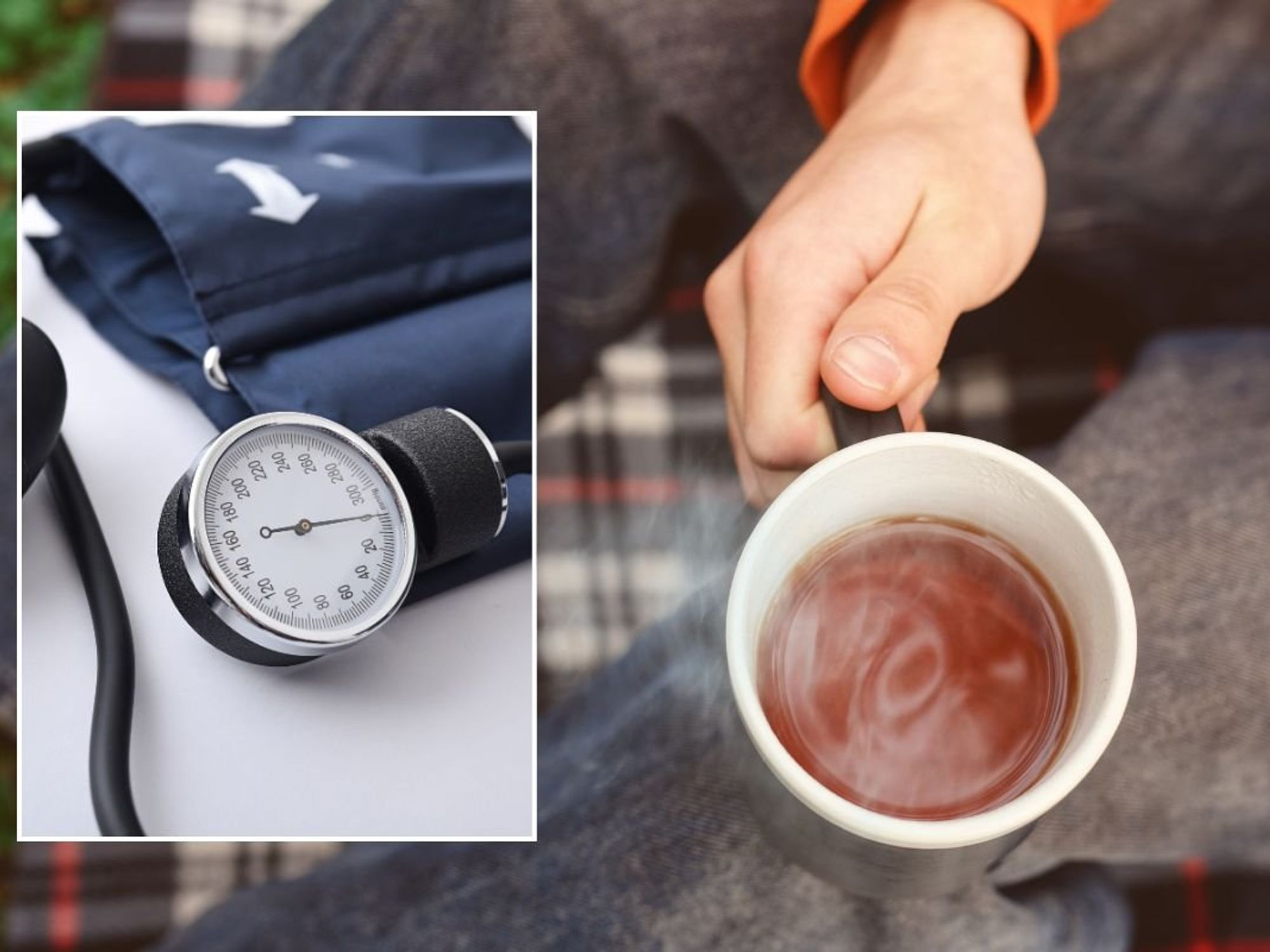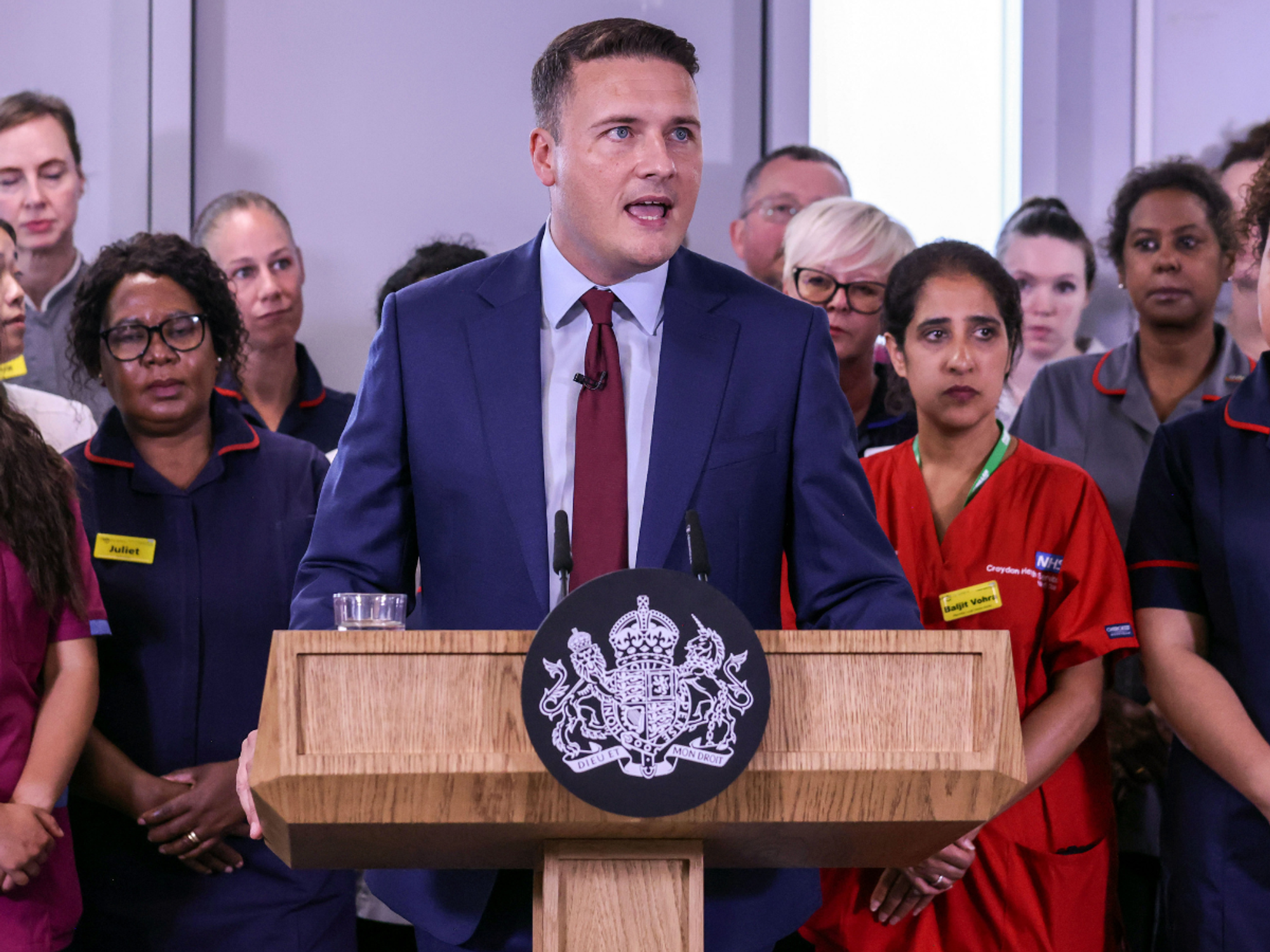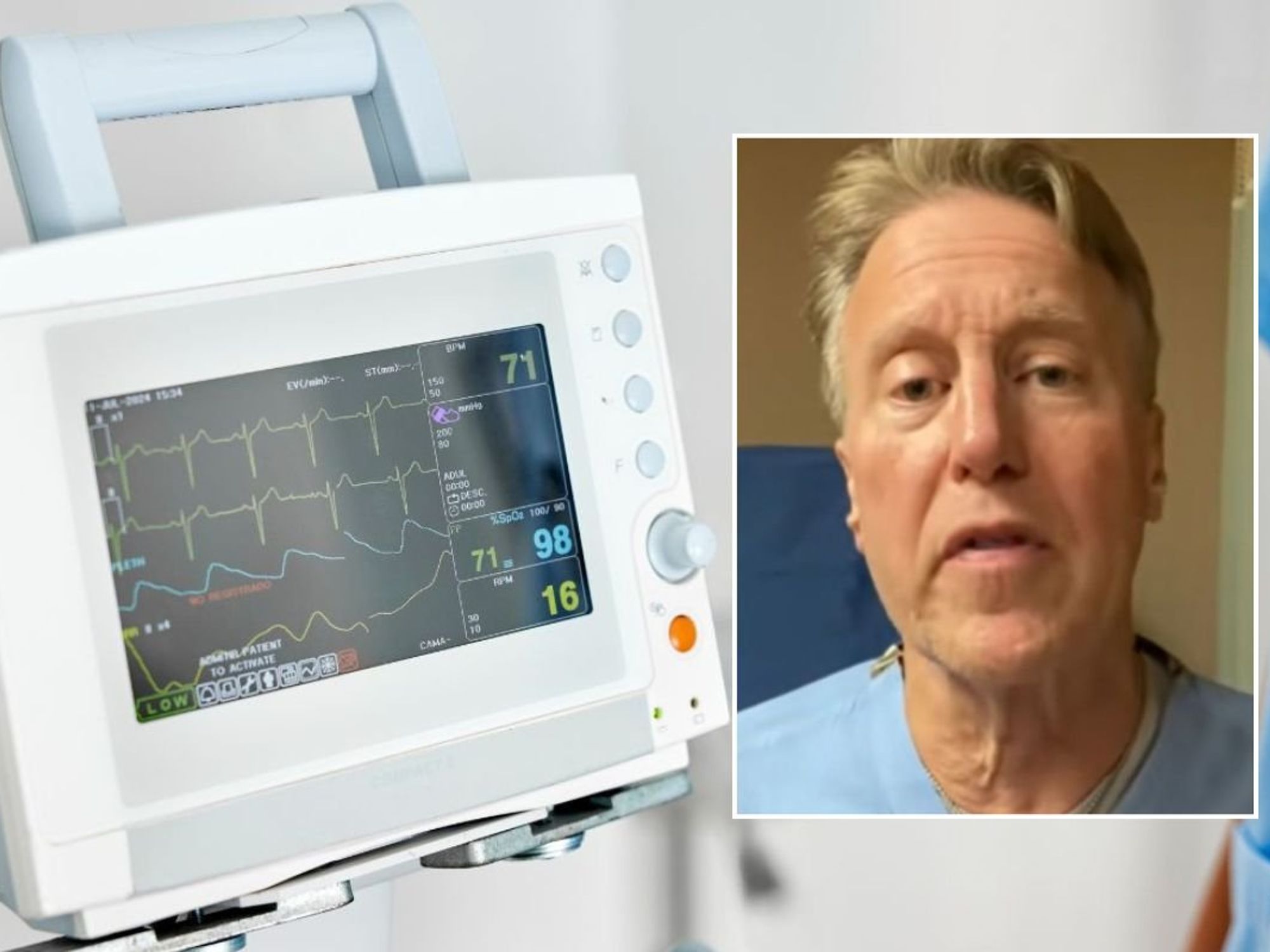Britain's Great Apostle of Agriculture - Jeremy Clarkson can lead farmers to the promised land - The Brazier Angle
Colin Brazier, veteran TV presenter, journalist and GB News commentator
Don't Miss
Most Read
Dressed up against a railing, with a view of the back of a waxed jacket, there was no chance of seeing Jeremy Clarkson. But from where I was standing at this week’s farmer’s protest, I could hear the gigantic cheer which went up for Britain’s Great Apostle of Agriculture.
Afterwards, I chuckled my way through a clip of his interview with the “infernal” BBC, in which he defied the laws of journalistic gravity. Not only by refusing to be embarrassed by things the BBC finds embarrassing (shooting). But also by the way he utterly deconstructed the unwritten rules which govern TV interviews, especially those involving the BBC.
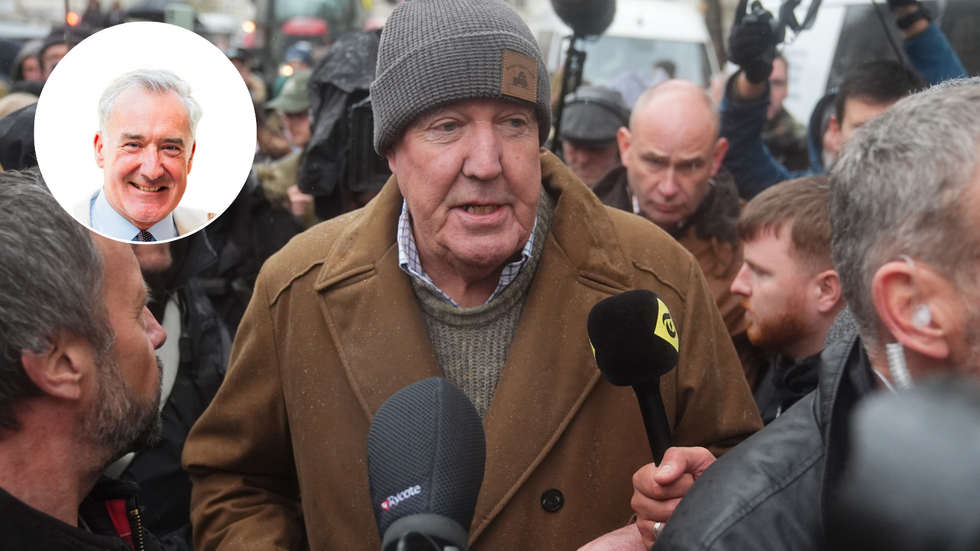
Jeremy Clarkson stood up for the farmers against the BBC
|GB News
What are those rules? Superficially, it’s a conversation between two equals. In reality, it is asymmetrical warfare. Why? Because the typical BBC interviewer - puffed up with sanctimonious self-importance - really believes they are speaking ‘truth to power’ as the nation’s tribune. There to skewer a guest whose evasiveness calls to mind rabbits and headlights.
Of course, as you know, they are not speaking for the country at all. But a narrow subset of metropolitan group-think. On Monday, with a whiff of pantomime timing, Clarkson shattered this illusion. Turning to the audience, he turned the tables. Asked where the government should get money for the NHS from - if not from farmers - Clarkson span around and asked the crowd: “Did you hear that everyone? The BBC thinks you should be paying for everything.” Suddenly, instead of a guest at bay, we saw a man of the people with the people at his back. Fantastic telly and the mark of a media performer who knows how to subvert the grammar of the medium.
It reminded me of another man who first found fame on TV, before going into politics. Donald Trump can sometimes seem like a bully in his handling of a hostile press. Working the crowd, who respond with jeers for the MSM. As a former hack myself, it can be uncomfortable viewing. But there is a truth at work too. Being deferential towards character assassins only plays into the hands of activists who masquerade as journalists. They are not there to be persuaded or converted by the truth of Trump’s arguments. We all know that. And, judging by his behaviour on Monday, Clarkson knows it too.
So should Clarkson go into politics? This week, the Daily Telegraph ran a headline which promised to explain “Why Jeremy Clarkson Could Be Britain’s Donald Trump’. The Spectator magazine noted that “If Clarkson stood for prime minister tomorrow, he’d win by a mile”. Even the i-newspaper defied its woke instincts by asserting that “Jeremy Clarkson is the Political Hero the country is crying out for”.
Not everyone is convinced. The former Labour leader in Scotland, Jim Murphy (a man I’d hitherto admired for defying the SNP), told the BBC that Clarkson was “aggressive” and that his approach would alienate potential supporters. Murphy also repeated the mantra that the NHS would suffer if farmers didn’t pay more tax.
Labour and its cronies at the BBC obviously think farmers and nurses are part of a zero-sum game. Favour one, and you penalise the other. This, as we know, is total bunkum. And it’s also likely to come back and bite them.
If Labour insists one group must suffer so the NHS can benefit, why pick on farmers? You might just as well point to the foreign aid budget. It currently costs taxpayers over £13bn a year - or 0.5 per cent of GDP. Labour is pledged to raise it again to 0.7 per cent. To put that into perspective, the new farm tax is expected to raise £200m per annum - 65 times less than we send abroad, each year, often to kleptocratic regimes more inclined to side with Putin than with democracies like ours.
I’d like to think that by paying such vast sums to developing countries, we could guarantee our food security. But as the covid lockdowns reminded us, when epidemiological push comes to shove, countries take care of themselves first. That’s not just Trumpian - it’s common sense.
Because, more than any other public good, food is unique. Britain was almost starved into submission 80 years ago, when a U-boat blockade had our wartime generation ploughing-up flower beds in a panic to plant potatoes. So treating farms like any other commercial enterprise is folly.
Nobody is in a better position to articulate these arguments right now than Jeremy Clarkson.
He may have entertained the idea of a political career before, not least as a potential candidate for London mayor. But since his permanent move to the countryside, and the ratings success of his eponymous farm, my fellow Yorkshireman has undergone a Damascene conversion. It might be overdoing it to call Clarkson Britain’s Great Apostle of Agriculture, but for a former host of the world’s most popular motoring show, St Paul’s story - involving a famous road and the rejection of tax collection - might offer an improbable precedent. Should Clarkson keep on the government’s case (and presuming his health bears up), he might yet lead farmers to the promised land.


